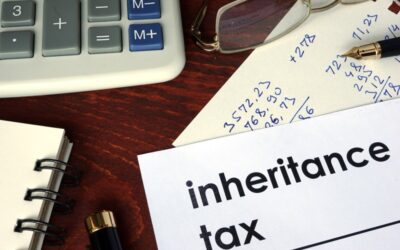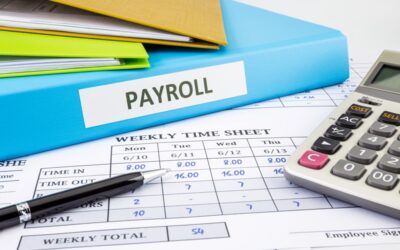The Structures and Buildings Allowances (SBA) allows for tax relief on qualifying capital expenditure on new non-residential structures and buildings. The relief applies to the qualifying costs of
blog
Income excluded from a property business
HMRC publishes a list of income streams that are excluded from a UK property business. The list includes fishing concerns, hotels and guest houses, tied premises, caravan sites, lodgers and tenants in
Mortgage interest on rented property
Under new rules that came into effect from April 2017 the tax relief on mortgage costs for residential landlords was restricted to the basic rate of tax. The finance costs restriction was phased in
Builders – when you may not have to charge VAT
VAT for most work on houses and flats by builders and similar trades, like plumbers, plasterers and carpenters, is charged at the standard rate of 20%. However, there are a number of exceptions where
Tax benefits of switching to electric cars
There are many benefits to encourage the use of electric cars including lower running costs, the environmental advantages and reduced noise pollution. There are also tax benefits to encourage the
Writing off a director’s loan
An overdrawn director’s loan account is created when a director (or other close family member) ‘borrows’ money from their company. Many companies, particularly ‘close’ private companies, pay for
Exchange of joint interests
HMRC’s internal manuals consider the reliefs available where there is an exchange of joint interests in land.
The manuals state that:
The exchange of interests in land which are jointly owned by two
IHT business asset relief
There are a number of reliefs available that can reduce liability to IHT if you inherit the estate of someone who had died. One of these reliefs is known as Business Relief and is a valuable tax
Reclaiming VAT
For most fully taxable businesses, VAT can be reclaimed on goods and services used in the course and furtherance of their business activities. This means that businesses must consider where there is
Tell HMRC if your company is dormant
If a company has stopped trading and has no other income, then the company is usually classed as dormant for Corporation Tax purposes.
A company is usually dormant for Corporation Tax if it:
has
PAYE settlement agreements
A PAYE Settlement Agreement (PSA) allows employers to make one annual payment to cover all the tax and National Insurance due on small or irregular taxable expenses or benefits for their
Accountancy expenses arising out of an enquiry
HMRC’s internal manual offer some revealing insights as to the treatment of accountancy expenses arising out of an enquiry. As a matter of course, HMRC allows companies to claim a tax deduction for
Check which EORI number is required
The Economic Operators’ Registration and Identification System (EORI) was setup as a European Union (EU) wide initiative that helps businesses communicate with customs officials when they are
Tax Diary May/June 2022
1 May 2022 – Due date for corporation tax due for the year ended 30 July 2021.
19 May 2022 – PAYE and NIC deductions due for month ended 5 May 2022. (If you pay your tax electronically the due date
Paying staff on jury service
If you have staff that have been called up to serve on a jury, then you must allow them the necessary time off. You can ask them to request to delay their jury service if their absence would seriously
Small Business - Smart Thinking - because YOUR ACCOUNTS MATTER



















